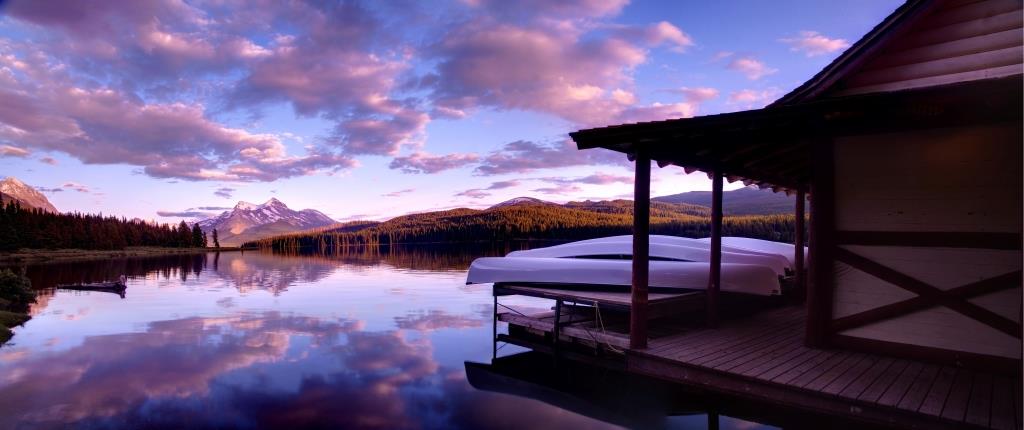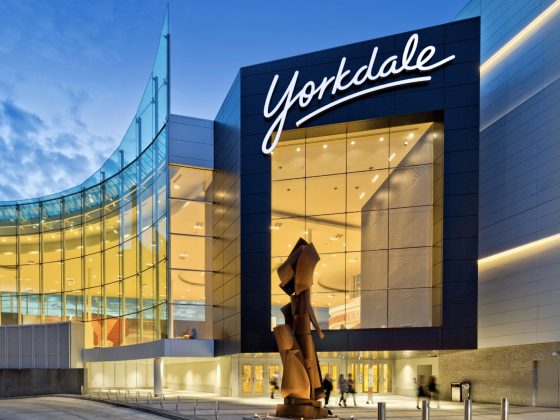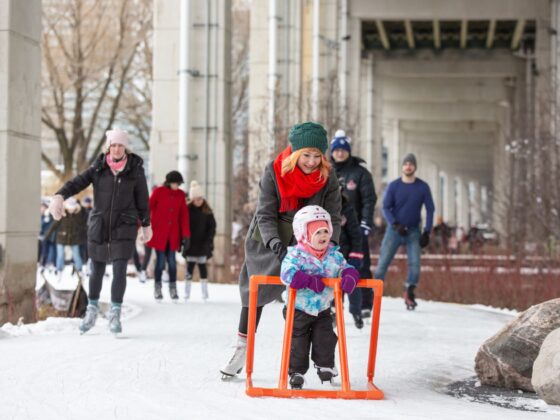Owning a pristine piece of the province is the ultimate goal for many pavement-pounding Torontonians. While Muskoka is now reserved for the wealthy, other parts of Ontario are still attainable, especially with interest rates at an all-time low. With Toronto’s sky-high real estate costs, some young people are now saving their mortgage payments for a cottage while they continue to rent in the city.

Of course, the idea of a cottage – complete with morning coffees in a screened-in porch, dockside beers with friends and nostalgic bonfire sessions – can easily cloud the reality. Having helped run a partner’s cottage for years, I tell you firsthand that it means perpetual yard work, a ton of laundry, constant entertaining and inevitable repairs.
That’s why it’s important to ask yourself certain questions before taking the plunge and becoming a cottage owner.
ADVERTISEMENT |
I remember feeling guilty about not being there every summer weekend, even if it meant skipping friends’ birthdays or weddings on long weekends. “You need to ask yourself how much use the property will actually get,” says Maureen Reid, a Meridian Credit Union branch manager who is based in the Georgian Bay area. “Canadian summers are short and schedules are busy.”
Michelle, 45, has two twin boys who are actively involved in sports – complete with weekend games and tournaments – and, as a result, the family hasn’t hit their Kawaratha Lakes cottage at all yet this season. “It seems like a waste to pay for a place each month that you’re not even using,” she admits.
With our growing freelance culture, the good news is that a growing number of us are able to work remotely, allowing us to skip the Friday and Sunday traffic that can really kill that cottage vibe.
Then there’s the whole cost factor – and many costs aren’t as obvious as you may think. “Similar to purchasing a home, there are costs associated with the purchase of a cottage beyond the initial price tag. Additional costs such as taxes, maintenance, utilities and travel should all be budgeted before purchasing a property,” says Reid. “Pipes can burst, docks can deteriorate and critters can invade over the winter.”
ADVERTISEMENT |
Reid says that travel time and cost is often overlooked. “Some cottages are more remote and are water access only,” she says. “Here in Georgian Bay, most people actually take a boat over to their cottage, which comes with an additional cost of a boat, but also the rental costs of a boat slip. The cost of gas has increased too.”
Like any other major investment, it’s important to do your research and shop around before you fall in love with the first lakeside retreat you see. “Popular cottage destinations can lead to overheated markets,” says Reid. “It’s important to consider all of your options.”
When it comes to financing options, not all cottages are created equal. “Cottages often fall into one of two categories and not all cottages qualify for traditional mortgages,” says Reid. “Type A properties include cottages that can be utilized all year and have features similar to residential homes like running water and central heating systems. Type B cottages, on the other hand, are classified as more rustic properties with minimal creature comforts and are often not winterized.”
Type A cottages come with traditional mortgage rates, whereas type B properties can see rates as high as 7 per cent. “Taxes and legal fees can also be higher on type B cottages,” says Reid.“The GTA is obviously a hot housing market right now and we are seeing the ripple effect in Georgian Bay, so you need to shop around.”
Naturally, you need to consider whether your potential new cottage is a good investment that will appreciate. “You should also consider whether you’ll be renting your cottage out to supplement your income,” says Reid.
ADVERTISEMENT |
According to Reid, a growing number of young people are pooling their resources and buying a cottage with a group of friends. Naturally, that option isn’t without its potential pitfalls, least of which involves allocating who gets which weeks.
“Owning a cottage is great, but it’s not for everyone,” says Michelle. “I would recommend renting a cottage for a chunk of the summer before taking the plunge.”
RELATED LINK: The Millennials Guide to Buying a Home
ADVERTISEMENT |






